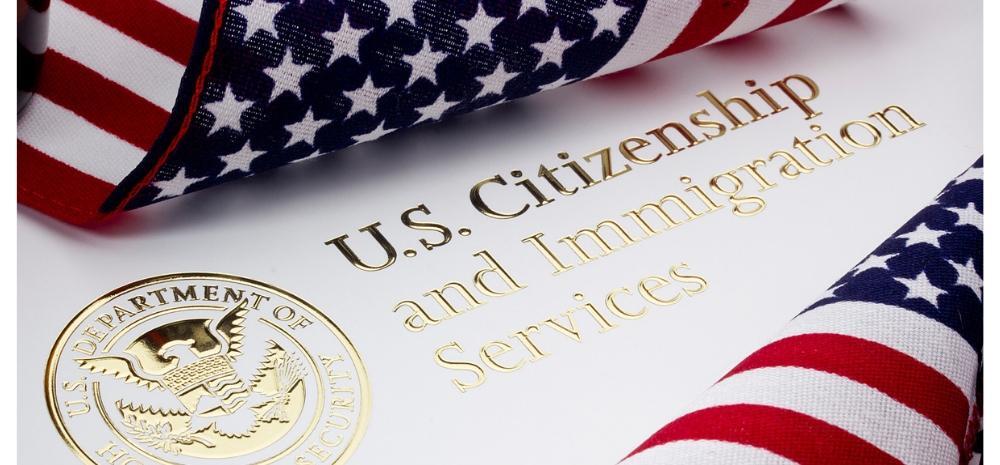
US Govt Planning Salary-Linked H1B Visa Approval: What Does it Mean for International Professionals?
The US government is proposing a significant change to the H1B visa approval process, which could have far-reaching implications for international professionals seeking to work in the United States. According to recent reports, the government is planning to introduce a wage-based selection rule for H-1B cap visas, prioritizing higher salaries over the current random lottery. If implemented, this new rule could disadvantage early-career professionals, particularly Indian applicants who dominate H-1B visa allocations.
The H1B visa program allows US companies to temporarily employ foreign workers in specialty occupations, such as technology, healthcare, and research. The program has been a subject of controversy in recent years, with critics arguing that it prioritizes cheap labor over American workers. The proposed wage-based selection rule is aimed at addressing these concerns by ensuring that only the most skilled and highest-paid foreign workers are granted H1B visas.
Under the proposed rule, the US Citizenship and Immigration Services (USCIS) would prioritize H-1B visa applications based on the offered salary. This means that companies would need to demonstrate that they are offering competitive salaries to attract the best talent from around the world. The rule would also give preference to applicants with advanced degrees or specialized skills, which could benefit Indian professionals who dominate the H-1B visa allocations.
However, critics of the proposed rule argue that it would harm sectors like healthcare and research that depend on hiring talent at entry-level wages. Many early-career professionals, particularly those in the STEM fields, rely on H1B visas to gain experience and build their careers in the United States. The proposed rule could make it more difficult for these professionals to secure H1B visas, potentially forcing them to look for alternative opportunities or leave the country.
The impact of the proposed rule would also be felt by Indian professionals, who have historically been the largest beneficiaries of the H1B visa program. According to data from the National Foundation for American Policy, Indian nationals have been awarded over 70% of all H1B visas granted since 2007. The proposed rule could limit the number of H1B visas available to Indian professionals, potentially disrupting the flow of talent to the United States.
The proposed wage-based selection rule is not without its benefits, however. Proponents of the rule argue that it would help to ensure that foreign workers are not taking jobs away from American workers and that companies are not exploiting cheap labor. The rule could also help to address concerns about the temporary nature of the H1B visa program, which has been criticized for allowing companies to repeatedly renew H1B visas without providing a path to permanent residency.
The US government’s proposal is still in the early stages of development, and it is unclear when the rule would be implemented. However, if approved, it could have significant implications for international professionals seeking to work in the United States. The proposed rule could lead to a more competitive job market, with companies having to offer higher salaries to attract the best talent. However, it could also disadvantage early-career professionals and limit the number of H1B visas available to Indian professionals.
As the debate surrounding the proposed rule continues, it is essential for international professionals to stay informed about the latest developments and their potential impact on their careers. Whether you are an Indian professional looking to work in the United States or a global talent seeking to make your mark in the American job market, it is crucial to stay up-to-date on the latest news and trends in the visa program.
Source: https://trak.in/stories/us-plans-salary-linked-h1b-visa-approval-process/






